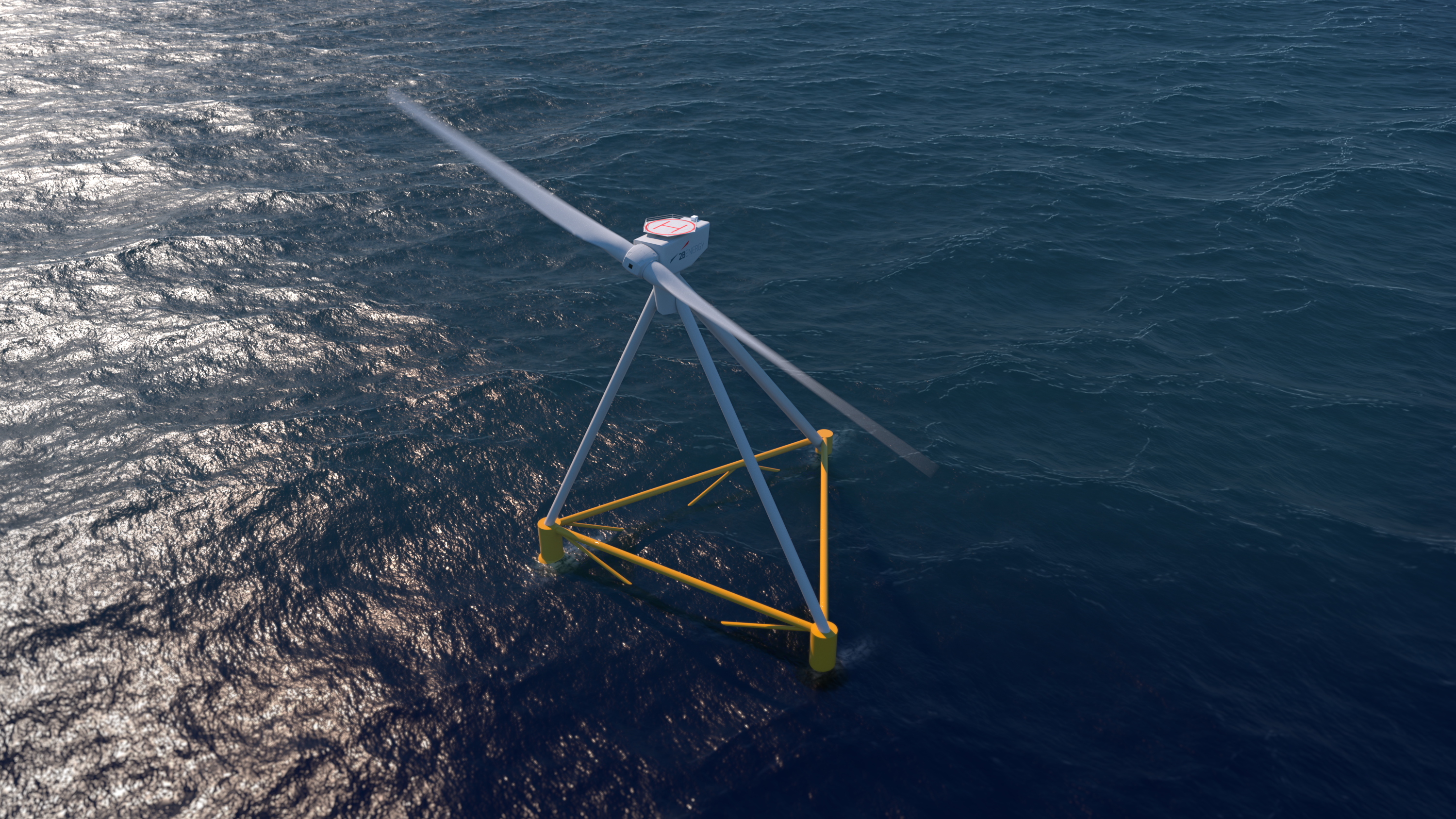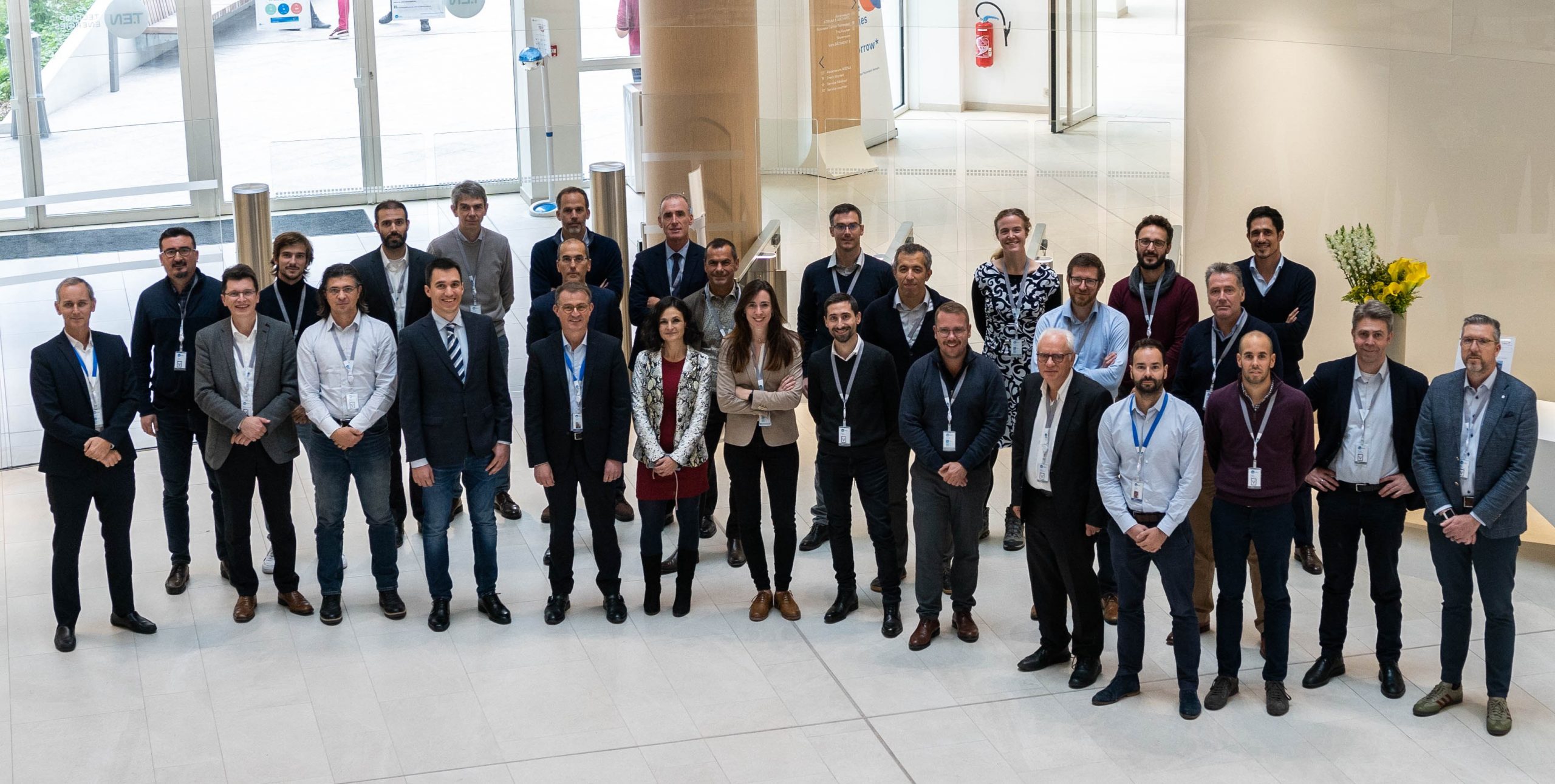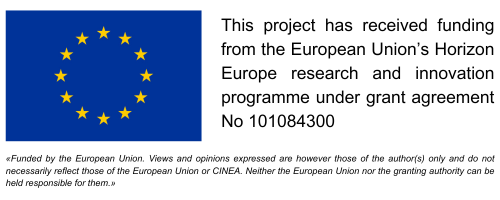The NextFloat Project was officially launched in Paris on November 2022. It is being developed by a consortium of thirteen partners from eight countries, including Technip Energies as the Project coordinator, X1 Wind, Naturgy, 2B Energy, Hellenic Cables, Technical University of Denmark, Hydro, Ecole Centrale de Nantes, Schwartz Hautmont, Ocas, Tersan Shipyard, Ocean Ecostructures, and Cybernetix. The Project is backed by the European Commission under the Horizon Europe program with public funding of 16M€, plus private funding from partners and shareholders.
NextFloat’s objective is to demonstrate at a full-scale the innovative floating platform design, while advancing in parallel on the industrialization and scaling-up of the integrated solution up to 20MW+ scale, in preparation for commercial floating wind farms under development in Europe and other continents. The industrialization roadmap will serve as input to optimize the design for industrial mass production and deployment, required to contribute to the European and worldwide decarbonization targets.
This Project builds upon the proven PivotBuoy Project prototype and count with the support of the X1 ACCELERATOR Project, whcih represents a step forward towards the scalability of the technology. The 6MW pre-commercial prototype, called “X90”, will demonstrate a cost-effective integrated system composed of a structurally efficient and lightweight floating platform with its a SPM (Single Point Mooring) and a TLP (Tension Leg Platform), greatly reducing the seabed footprint impact. The Project introduces additional innovations to reduce the LCOE of floating wind and its environmental impact, namely the very small footprint on the ocean bed and the installation of a bio-boosting system applied on the floater.
After undergoing rigorous assessments, including an in-depth risk assessment and other comprehensive studies, the X90 pre-commercial floating wind platform has been granted the Statement of Feasibility from world-leading independent expert DNV by the beginning of August 2023. This confirms the soundness of the innovative design, allowing the team to continue working on the design and certification of the platform. The platform concept has previously undergone successful testing at a 1:3 scale at the PLOCAN test site in the Canary Islands through the PivotBuoy Project. Nonetheless, this pivotal step in certifying commercial-size units played a crucial role in revalidating the design.


